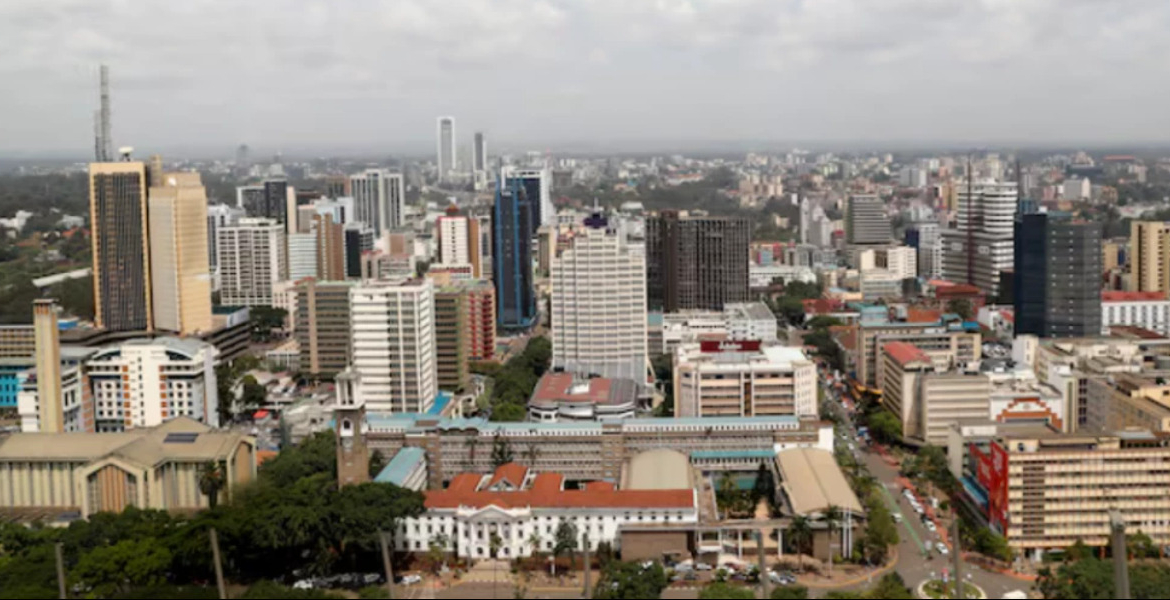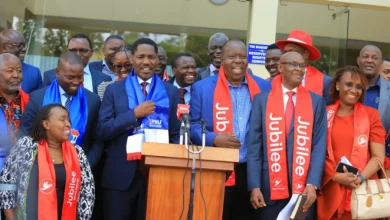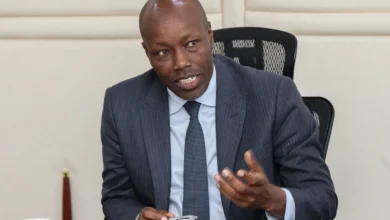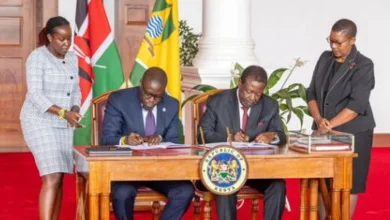Report: 125 Kenyans Own More Wealth Than 42 Million Citizens Combined

A new report shows that just 125 people now hold more wealth than Kenya’s 42 million citizens combined.
The study, Kenya’s Inequality Crisis: The Great Economic Divide, outlines a sharp rise in economic inequality. It finds that between 2019 and 2023, the richest one per cent gained nearly two-fifths of all newly created wealth, more than the combined gains of the bottom 90 percent.
The report also highlights significant gaps in the labour market. Chief executives of the country’s ten largest companies earn 214 times more than the average teacher, and their salary increases between 2023 and 2024 alone would have been enough to cover public school teachers’ pay for six years.
These contrasts sit alongside high levels of hardship, with Kenya ranked 15th globally for extreme poverty and 46 percent of the population unable to afford basic essentials. Since 2015, seven million people have fallen into extreme poverty as living costs rise and wages stagnate.
Rising prices have intensified the strain. Food costs are now 50 per cent higher than in 2020, while the average worker is 11 percent poorer in real terms. Inflation has hit low-income households particularly hard, with poorer residents in Nairobi facing rates 27 percent higher than those for wealthier groups over the past four years.
According to the study, these pressures reflect not a lack of economic growth but weak redistribution policies. The authors call for stronger progressive taxation and greater investment in universal public services, including education and healthcare.
Government programmes such as free schooling, social protection schemes and moves towards universal health coverage have been introduced, but the report argues that limited funding and uneven implementation have reduced their impact.
Devolution is also criticised for falling short of its goal to reduce marginalisation and strengthen county governments.
The report notes that reforms could have achieved more had they been supported by adequate spending and effective delivery.





